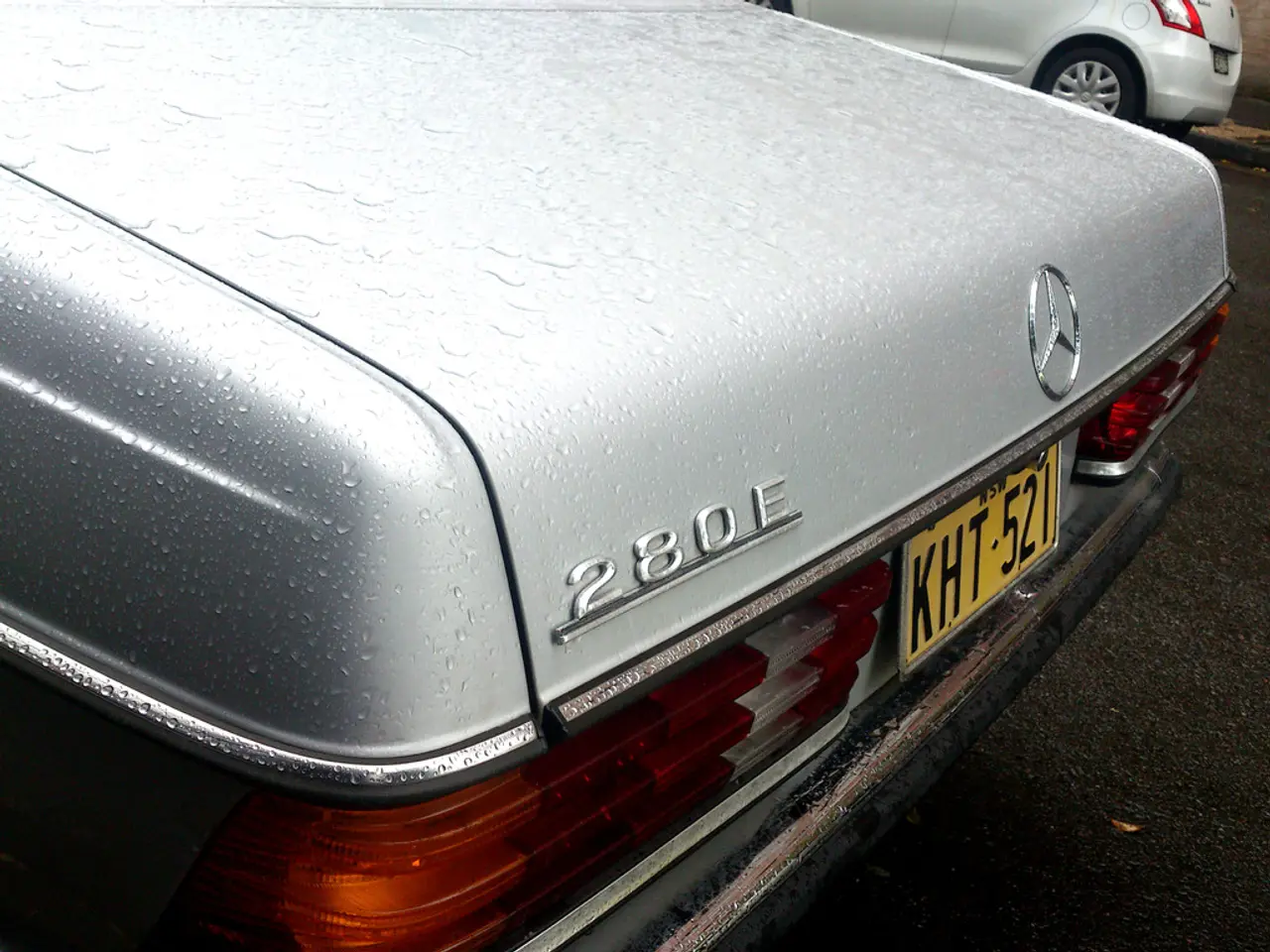Potential Collaboration between Mercedes and BMW: Discussions Progressing on Providing Four-Cylinder Engines - Sources Claim
Mercedes-Benz and BMW Consider Engine Cooperation to Address Production Issues
In a move aimed at addressing financial struggles and engine production challenges, Mercedes-Benz is reportedly exploring a potential cooperation with BMW. According to recent reports, Mercedes-Benz CEO Ola Kaellenius has been in discussions with BMW CEO Oliver Zipse for nearly a year, with the aim of securing engine production and potentially improving the company's reputation for engine design.
The financial results at the end of July were less than favourable for Mercedes-Benz. Margins in the car business slipped to 3.2 percent in the second quarter, and sales in the first half of the year dropped to 900,000 units, the lowest since 2020. Part of the issue lies in engine production, as Mercedes needs more combustion units for plug-in hybrids than originally planned.
If the cooperation goes ahead, BMW could supply engines to Mercedes starting in 2027, with production at BMW's plant in Steyr, Austria. The initial focus would be on BMW's four-cylinder petrol engine, but diesel units and other drivetrain components could follow. The benefits for Mercedes include securing engine production and potentially improving its reputation for engine design.
BMW has a history of supplying powertrains to various carmakers, including Morgan, Ineos, Land Rover, Range Rover, and Toyota. If the business relationship materializes, the company that could lead negotiations for the delivery of four-cylinder engines to Mercedes-Benz is BMW, with the four-cylinder engines likely to be produced at BMW's Steyr plant in Austria.
The potential cooperation between the two German automakers could provide several advantages for BMW. It would secure production volumes and additional revenue, and could boost BMW's reputation. Adding Mercedes to BMW's list of clients would be a significant milestone, as it would involve supplying engines to a direct rival.
The details about which Mercedes models will receive BMW engines and when are expected to surface in the coming months if the negotiations are indeed true. Joint production in the U.S. is still under consideration to avoid tariffs in the potential cooperation between Mercedes and BMW.
In the past, Mercedes had sourced four-cylinders from Geely in China at a lower cost, but using Chinese-built engines has become politically difficult in key markets like the U.S. The cooperation with BMW could provide a solution to this issue.
Technical teams led by Markus Schafer (Mercedes Board Member) and Joachim Post (BMW Board Member responsible for R&D) have been working on the details of the potential cooperation. The potential benefits for both companies are clear, and it remains to be seen whether this cooperation will indeed go ahead in the coming months.
Read also:
- Musk threatens Apple with litigation amidst increasing conflict surrounding Altman's OpenAI endeavor
- Transitioning to Electric Vehicles Places Heavy Demand on Power Grids
- E-mobility continues its progress after a decade since the scandal, staying on course
- The Commission deems the assistance program to be in agreement with the domestic market regulations.








